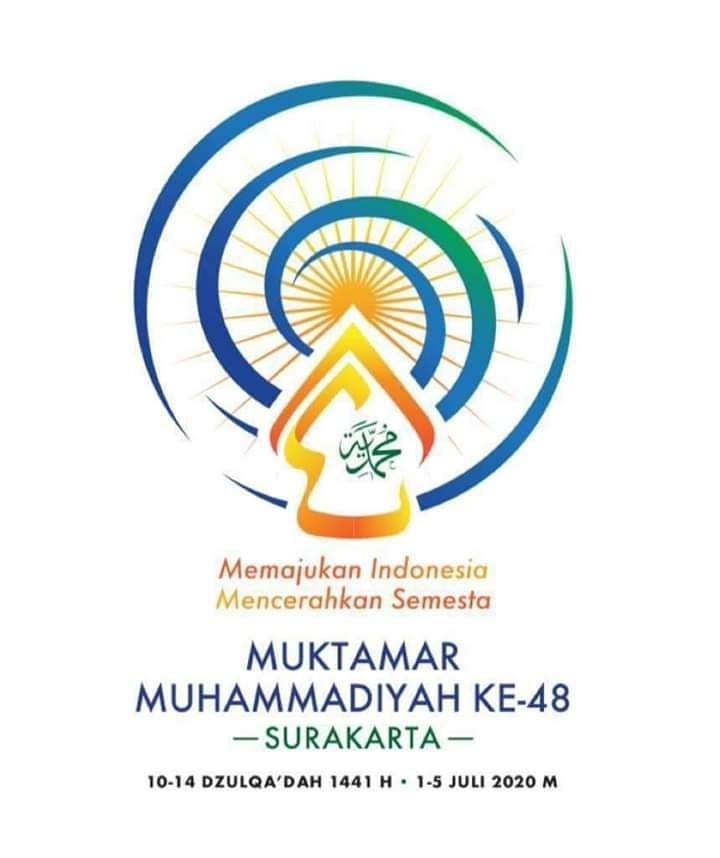Malang – The political upheaval in Islamic world attracted sympathy from Islamic and Philosophy Studies Center (PusatStudi Islam danFilsafat/PSIF) of UniversitasMuhammadiyah Malang (UMM). The conflict that was known as Arab Spring since 2011 was being the discussion topic in a forum with the expert in Islamic world, Prof DawamRahardjo, on Saturday (04/25). The discussion was led by the Chairman of PSIF Dr. M. Nurhakim, Mag, and was followed by approximately a hundred of lecturers and students. The coordinator of Religious and Multiculturalism Study Center (PusatStudi Agama danMultikulturalisme/PSAM) of UMM Graduate School, Prof DrSyamsulArifin also attended the discussion to present his topic.
Dawam explained that Islamic world was commonly identified as Arab, therefore, every conflict in Arab was always be related to Islam. The fact, Islam in non-Arab countries developed quite well, such as in Turkey, Indonesia, Bangladesh, Pakistan, Somalia, Nigeria, and so on.
Most of the conflicts were triggered by the change from absolute feudal-monarch to more democratic way. However, they were also commonly triggered by military power coup d’état for the weaker regime. Recently, the conflicts were also triggered by the Sunni and Shi’a group and the establishment of radical groups that act on behalf of Islamic State of Iraq and Syria (ISIS).
“Initially, Arab Spring was allegedly the democratization movement of the fourth wave because commonly it happens in the countries that were against authoritarian military regime or fascist countries and secular Arab socialism,” explained Dawam. However, the same symptoms did not occur in the Islamic feudal-monarch countries.
Uniquely, both Islamic Sunni and Islamic Shi’a initially were controlled by authoritarian military regime. However, slowly they needed inside power to change the current way into more democratic ones. “Theoretically, Islam was a unifier ideology. However, the understanding of Islam is plural, so Islam became the source of conflict,” Dawam, who was also the first professor of UMM, further explained.
Dawam suggested that it would be better if comprehensive doctrine that was also the conversation stopper should be prevented to enter the political public space. He admitted that it would not be easy because Islam, just like Catholic and Protestant, was evangelist religion that was almost impossible to be prevented to enter the public space.
To quote a German philosopher, JurgenHabermas, Dawam suggested that Islam that was contained in secular Arab countries should be freed to enter the post-secular era so that it would trigger communication and dialog between Islamism and secularism. “Such compromise commonly happened in Indonesia, the first republic-democratic country in Islamic world, since the World War II,” said Dawam. This referred to, one of them, the ideals of Pancasila, in which Indonesia was a secular-but-religious country, based on monotheism.
“The key point of this model was the existence of tolerance between two big groups: Islam and Nationalism,” he added.
Furthermore, related to the past experience of Indonesia and Pakistan, then, there should be a coalition between Islam and nationalism.However, to contain the potency of military power that was authoritarian-technocratic that included conflict in democratic-liberal countries, then the compromise should also exist between civilians and military power.
Nurhakim stated that the discussion deliberately invited academicians who talked about the conflicts in Islamic world in more serious state. At any rate, as modern campus under the flag of Islam, UMM should be able to present a scientific and strategic answer on what happened in Islamic world, especially to enlighten the Muslims of what happened in Arab world. (ima/nas)


